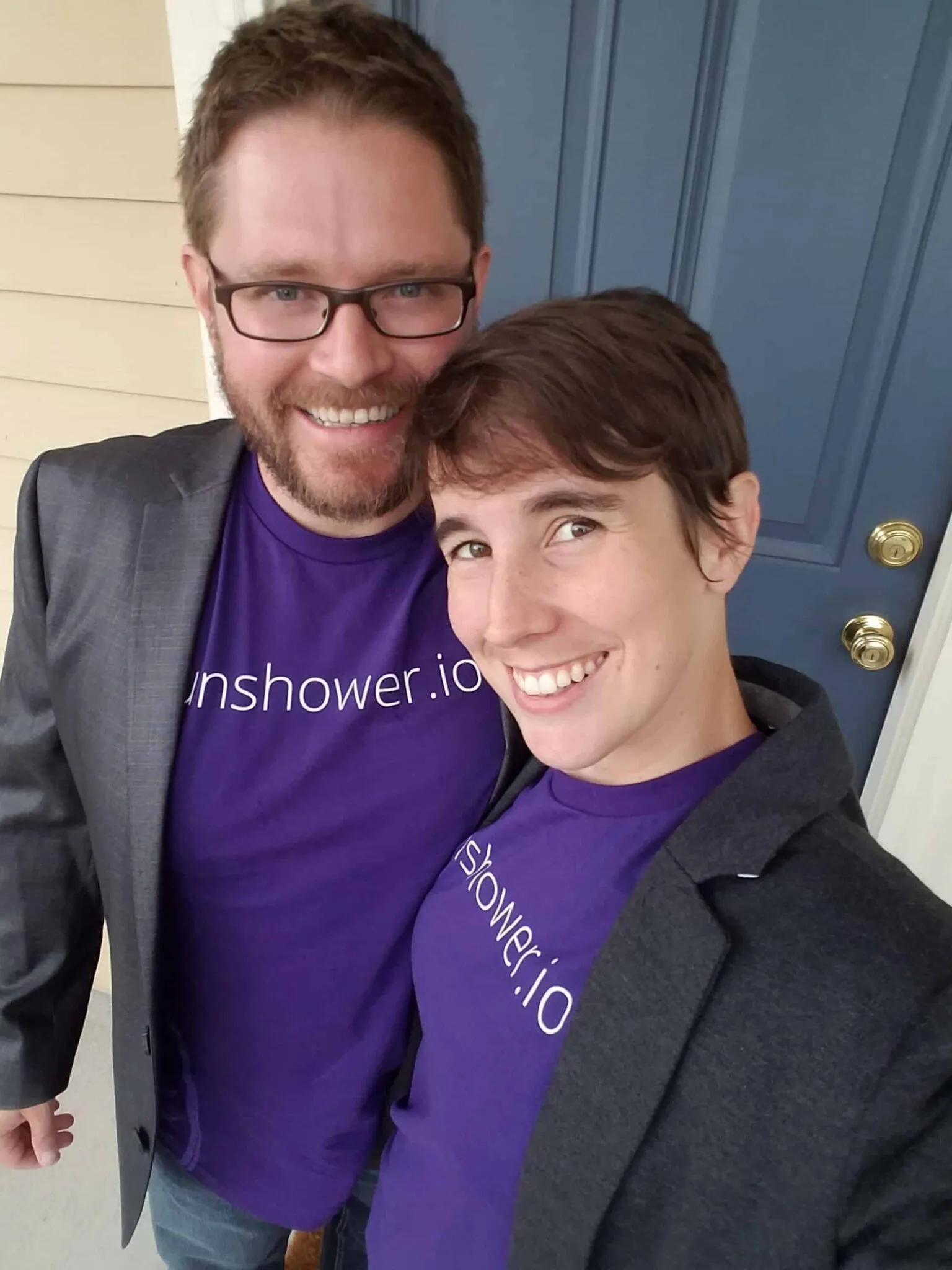Startup navigates cloud computing world

FORT COLLINS — A Northern Colorado startup is looking to make it easier to determine how much cloud computing a small- or medium-sized business needs — and to make sure it’s not overpaying for it.
Sunshower.io has figured out the complicated calculus of how much cloud computing a company actually needs — ensuring it’s not buying an option too big for its needs and ultimately spending too much on a service it’s not using to capacity.
The company has gotten attention for its work – it recently was the second-place winner at the Pitch No.CO competition at Fort…
THIS ARTICLE IS FOR SUBSCRIBERS ONLY
Continue reading for less than $3 per week!
Get a month of award-winning local business news, trends and insights
Access award-winning content today!




